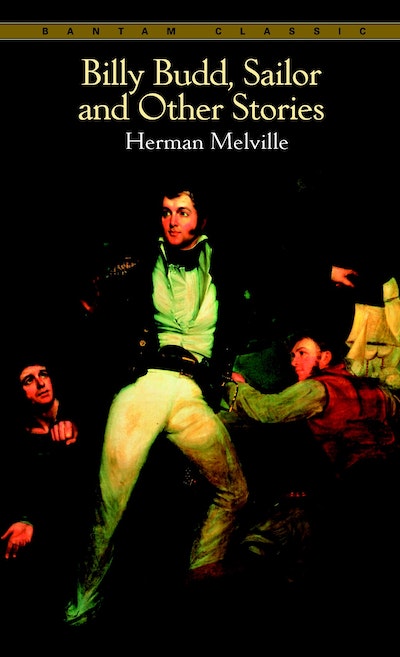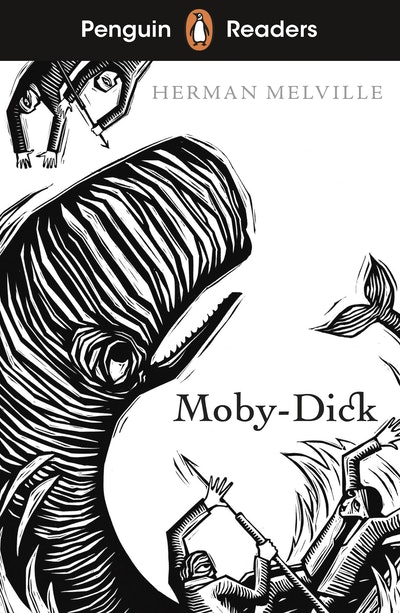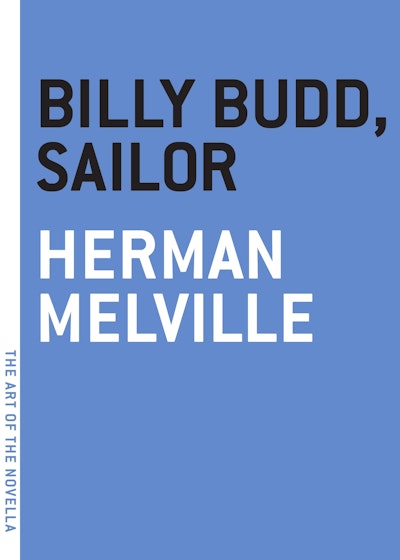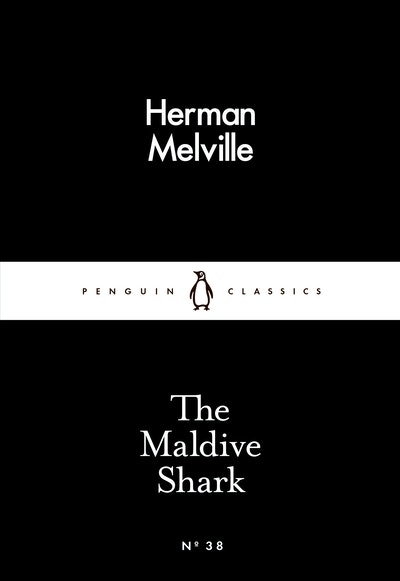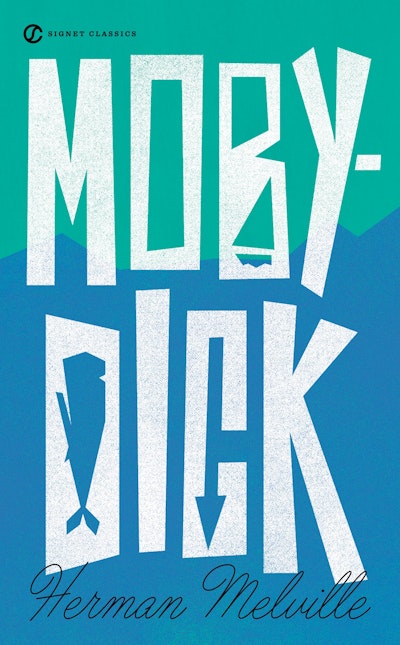Sometimes even the classics need a little updating...
The Bantam Classics imprint remains committed to making great literature available, accessible, and affordable for booksellers, librarians, and consumers alike.
If Melville had never written Moby Dick, his place in world literature would be assured by his short tales. "Billy Budd, Sailor," his last work, is the masterpiece in which he delivers the final summation in his "quarrel with God." It is a brilliant study of the tragic clash between social authority and individual freedom, human justice and abstract good. Melville also explores this theme in "Bartelby the Scrivener," his famous story about a Wall Street law clerk who takes passive resistance to a comic—and ultimately disastrous—extreme; and in "Benito Cereno," his dazzling account of oppression and rebellion on a nineteenth-century slave ship. Completing this collection of great tales are the eerie "The Encantados," the beautiful, romantic "The Piazza," and Melville's chilling science fiction parable, "The Bell-Tower."
